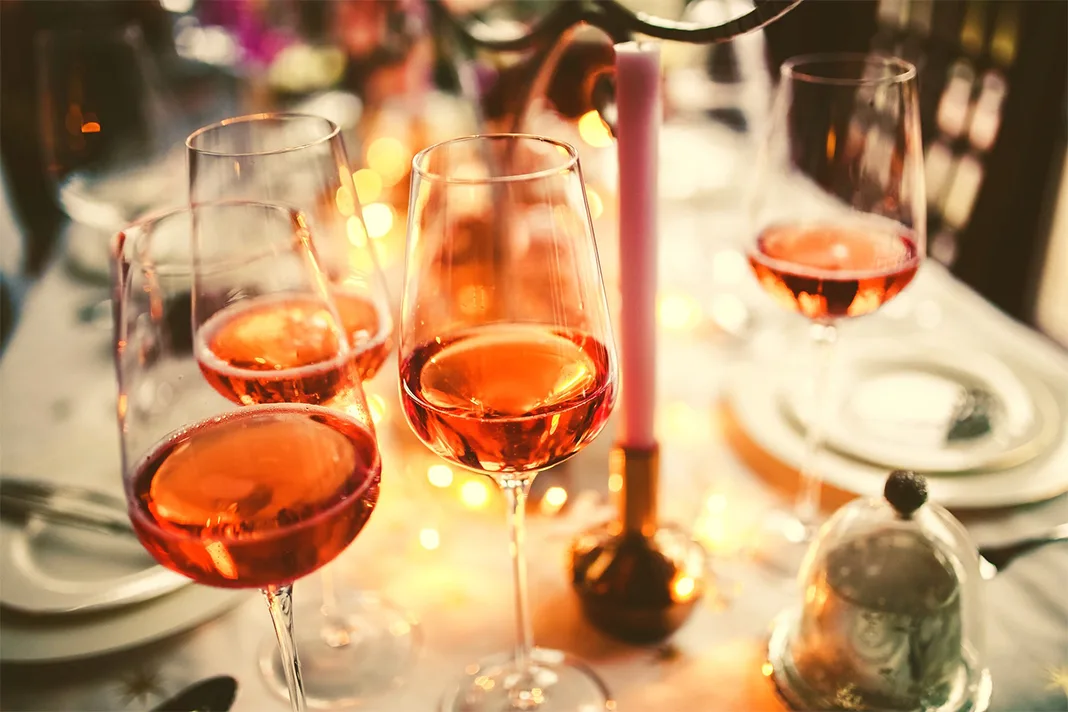Mattia Bianchi is a wine expert from Berber & Q Grill House and Berber & Q Shawarma Bar. He gives us the low-down on the orange wine trend.
Mattia Bianchi is a wine expert from the celebrated Middle Eastern eateries Berber & Q Grill and Berber & Q Shawarma Bar. With a deep interest in lesser known grapes from the Middle East, his knowledge of wine comes from his upbringing in northern Italy. Here Mattia shares his tips about orange wine, a tipple that is being made and enjoyed all over the world.
What is orange wine?
I guess it’s very important to start with the basics: there are no oranges involved. Customers often raise this question. And as funny as it can be to many industry people, it’s a pretty legitimate thing to ask. Used by a UK wine importer in 2004, it became a label. It helps sommeliers around the world to categorise orange wine as something distinct.
Orange wines are some of most exciting and characterful bottles of grape juice you can find. Orange wine challenges your taste buds. It contains flavours and aromas you might not have come across before. You’ll either love them or hate them. I love them.
How is orange wine made and where does it come from?
White grapes remain in contact with their skins for days, weeks or even months. It’s the same vinification process used for red wines. The colours evolve into orange or amber. With flavours developing into richer styles with multi layered aromas and significant tannins. This method has been all but forgotten since wineries industrialised in the 70s. And a new culture of safe, crisp and neutral wines took over the world.
A new motto was born, ‘can I have a glass of Pinot Grigio?’ But Georgians have been making wine this way for at least 5000 years. In the mid-90s a couple of winemakers, Radikon and Gravner, from Oslavia in Italy, decided to shake the wine world. Their wines took inspiration from these wine making techniques.
What does orange wine taste like?
It definitely tastes different, very different from anything you’ve tried before. This should be a good start right? Around the world producers have started playing with this vinification method. And there’s a pretty vast spectrum of orange wines available out there. Some can achieve a unique balance and elegance. Others are not quite right and need a bit more practice, which can put some first timers off. But don’t give up too soon!
How should orange wine be served?
As a general rule, white wines should not be drunk too cold. Especially if they’ve got complex aromas to showcase. An orange wine should be at 15°-17°C, otherwise all you taste is its astringent tannins. In case the bottle is too cold, treat it as a red wine and decant it before serving. This will help the wine to express and develop its bouquet, before filling your glass up.
What should orange wine be served with?
That’s when the fun begins. Their bold flavours combined with the freshness and tannins make them versatile wines. And good for food. I’m biased, but they work very well with Middle Eastern cuisine. And it’s great to pair them with dishes at Berber & Q Grill House or Berber & Q Shawarma Bar.
Where can I find orange wine?
You can try them at our Berber & Q Grill House and Berber & Q Shawarma Bar. But there are plenty of places offering orange wines in London. P.Franco, Brawn, Terroir, Nopi or The Laughing Heart to mention a few. If you want to buy some, Noble Fine Liquor is your best bet. They have shops in Hackney and Clerkenwell as well as an online store.Berber & Q Grill House
338 Acton Mews, E8 4EA
berberandq.com
Berber & Q Shawarma Bar
46 Exmouth Market, EC1R 4QE
shawarmabar.co.uk







